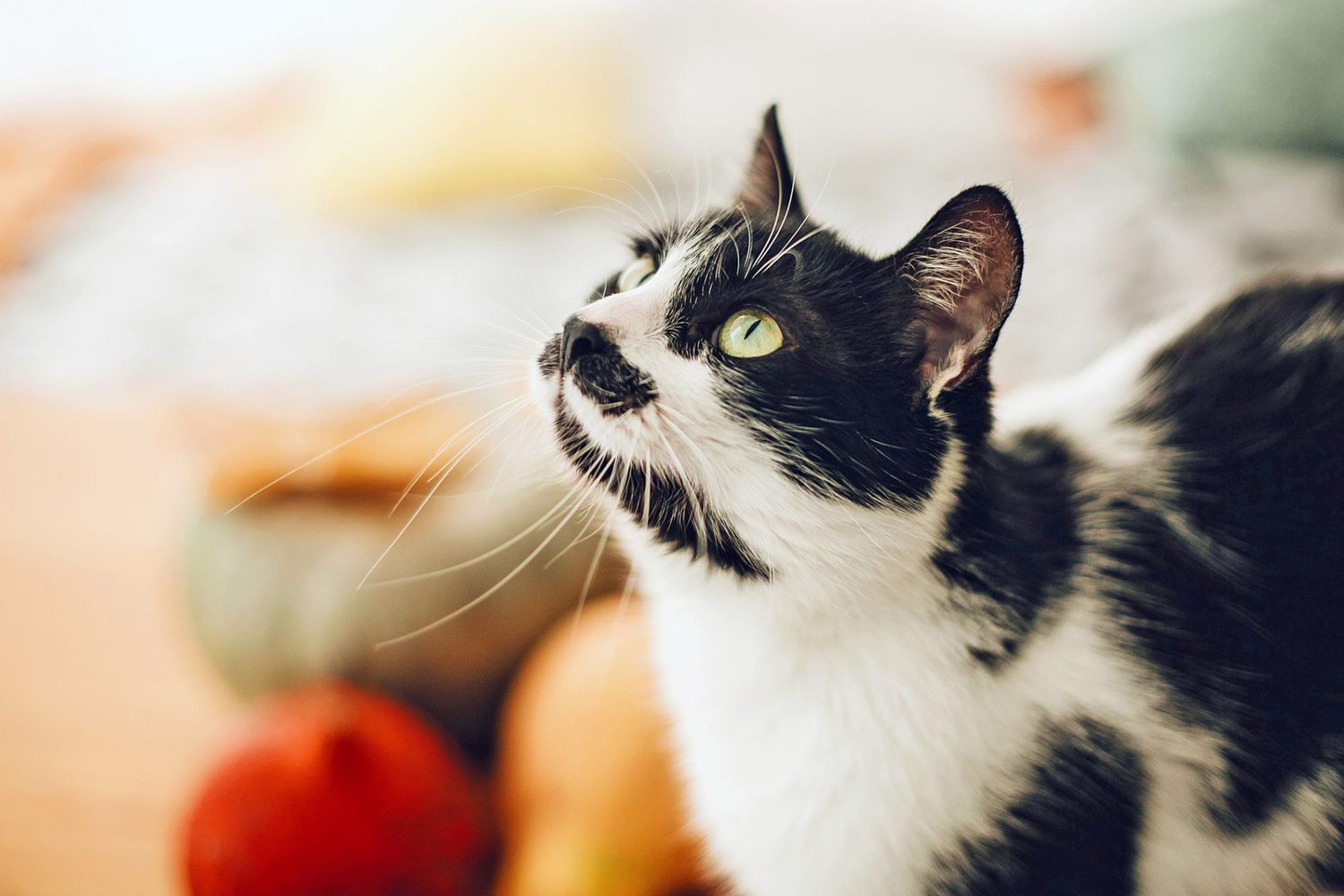
Feline owners are no strangers to the daily task of scooping out their furry pal's litter box. It's a routine job that's often ignored, yet essential for keeping a clean and healthy environment for both felines and their human companions. Nevertheless, what many animal owners might not realize is that there are concealed health risks related to the litter box that can pose risks to both human beings and cats alike. From respiratory concerns to parasitic infections, the litter box can harbor a variety of dangers that need careful attention and management.
Among the most typical health risks connected with the litter box is breathing issues. Cat litter, particularly clay-based ranges, can consist of fine dust particles that become air-borne when disturbed during scooping or when cats dig in the litter. These dust particles can be breathed in by both felines and humans, resulting in breathing inflammation and worsening conditions such as asthma or allergies. Sometimes, extended direct exposure to litter dust can even trigger more severe respiratory problems in both felines and their owners.
To decrease breathing risks, it's necessary to select low-dust or dust-free litter choices and to scoop the litter box in a well-ventilated location. Using a dust mask while cleaning up the litter box can likewise help reduce exposure to airborne particles, particularly for individuals with breathing level of sensitivities.
Another substantial health threat related to the litter box is the capacity for parasitic infections, especially from Toxoplasma gondii, a typical parasite discovered in feline feces. While most healthy individuals may not experience symptoms if infected, pregnant women and individuals with weakened immune systems are at higher threat of establishing extreme issues, consisting of automatic cat litter box birth flaws and neurological conditions.
To decrease the threat of parasitic infections, pregnant females need to prevent cleaning up the litter box entirely and delegate this task to another household member. Additionally, all people must practice great hygiene habits, including washing hands completely after managing the litter box or entering into contact with cat feces, to decrease the risk of transmission.
Many commercial feline litters include chemicals and additives that can pose health threats to both felines and people. For example, some scented litters might consist of fragrances or essential oils that can aggravate delicate respiratory systems or trigger allergies. Furthermore, clumping litters often consist of salt bentonite, a clay material that can expand when consumed, resulting in intestinal obstructions if consumed by felines.
To reduce chemical exposure, select unscented or naturally-scented litters made from biodegradable products such as paper, wood, or plant-based alternatives. These eco-friendly choices are not only much safer for your cat's health however also much better for the environment.
The litter box environment offers an ideal breeding place for bacteria, consisting of potentially hazardous pathogens such as E. coli and Salmonella. These bacteria can infect the litter box and surrounding areas, increasing the danger of infection Litter Box Mats for both cats and human beings. Cats can contract bacterial infections through direct contact with infected litter or by ingesting fecal matter throughout grooming, while humans can end up being contaminated through contact with polluted surface areas or incorrectly cleaned hands.
To minimize the threat of bacterial contamination, it's important to clean the litter box regularly using warm water and mild cleaning agent, as well as to sanitize the surrounding location to prevent the spread of germs. Furthermore, practicing great hand hygiene, including cleaning hands thoroughly after handling cat litter box furniture the litter box or entering contact with feline feces, can help decrease the risk of bacterial transmission.
While the litter box may look like a mundane aspect of feline ownership, it's important to acknowledge the potential health dangers related to this seemingly harmless fixture. From respiratory problems to parasitic infections and bacterial contamination, the litter box can harbor a range of risks that need mindful attention and management. By taking proactive measures to minimize exposure to these threats, feline owners can create a much safer and much healthier environment for both their feline companions and themselves.